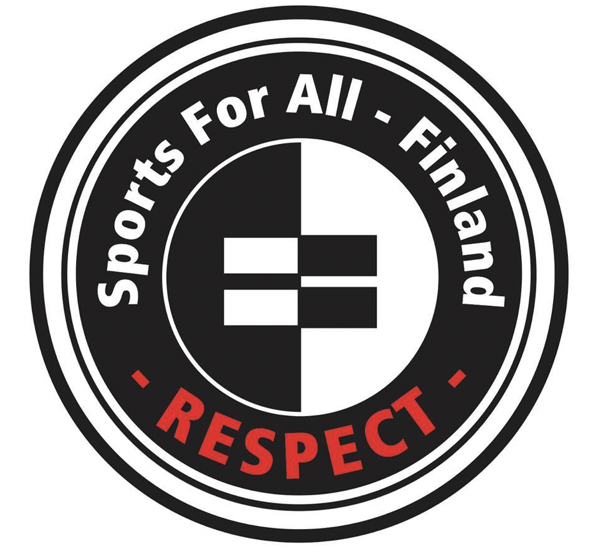The European Commission assumes that approximately ten million people act as volunteers in more than 700,000 sports clubs. The Eurobarometer “Sport and Physical Activity” shows major differences between the different member countries: A comparatively large proportion of respondents from Finland (18%), Austria (15%) and Ireland (14%) state that they serve as volunteers to support sporting activities, whereas respondents from Portugal (2%) and Italy (3%) rarely do so (European Commission 2010, 64ff.). Those volunteers need and deserve resources. Liikkukaa - Sports For All is aiming to provide information, training and network to them. Here you will find links and hints.
Resources Overview
Volunteering
Successful volunteering is based on the principle of a two-way relationship and should have benefits for the volunteer and the organization to which they gift their time. Time, income, uncertain future can all impact on how much volunteering time people can commit. On the other side even a small volunteering time commitment has the potential to open up new networks, can be personally rewarding and helps to make new contacts.
Each party will have expectations of the other, and it is important that both the volunteer and the club understand what these are in order to help create a successful partnership. Becoming a volunteer should be a rewarding experience, bringing a host of benefits, from meeting new people, gaining experience & skills, connections within the community at large and intercultural skills. Volunteers can gain certificates, training and references-opportunity for professional or personal development.Volunteers might improve language skills, take joy in seeing the organisation develop and even become role models. Volunteering can be regular, such as offering your time for a specific number of hours a week to a club, for example coaching a team, or managing the club website or Facebook page etc. Volunteering can also be adhoc or irregular, such as offering your time for a specific one off period, for example, helping with a clubs fundraiser events.
Diversity Management Basics
Complete overview in order to understand diversity, be able to work with diversity, gain personal growth and social and management skills. Recognise and embrace yourself and others as part of diversity.
Intercultural Communications for Sports Managers
Sports is an international language, this is often said. Sports managers need to navigate in an intercultural and diverse field. Recruiting athletes, gaining relevance through community engagement and finding new fan groups are crucial. Crisis need to be avoided and to be embraced as opportunities for growth. Learn all about it here!





